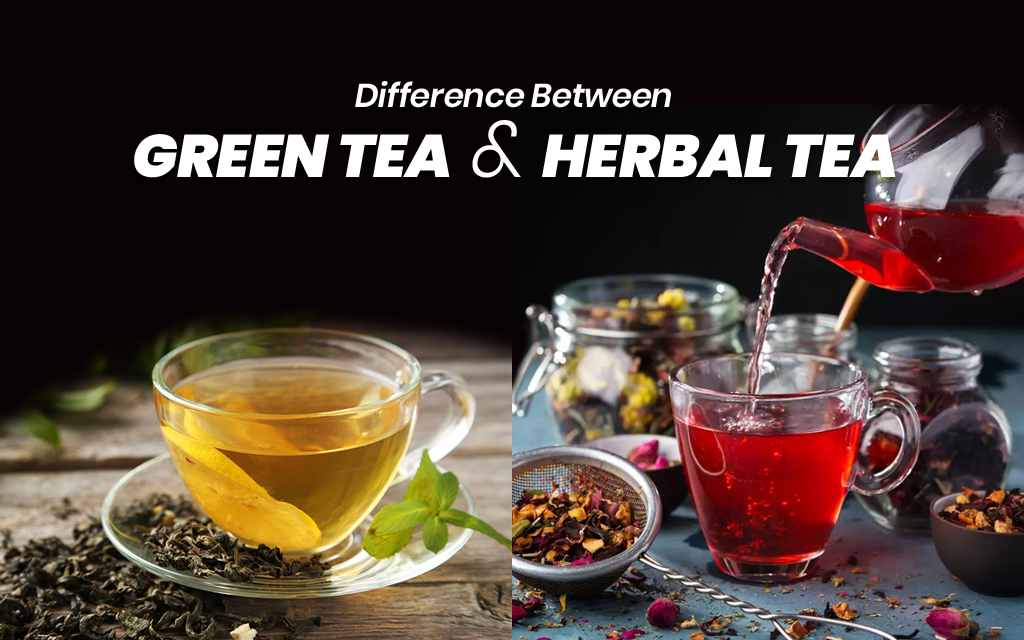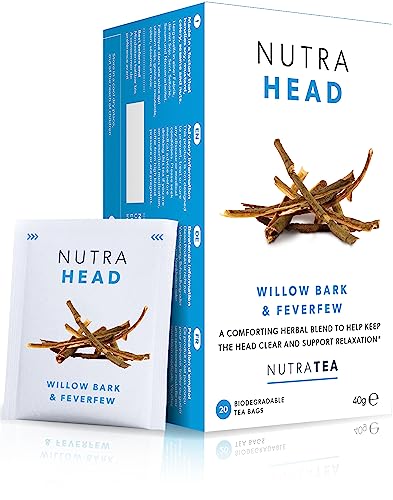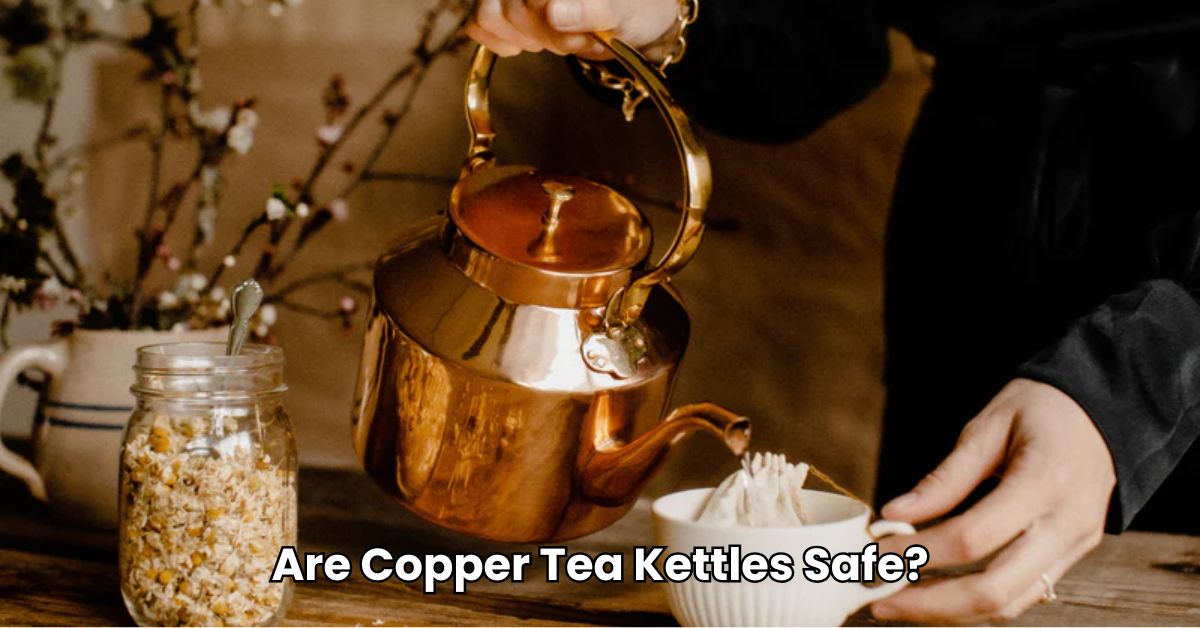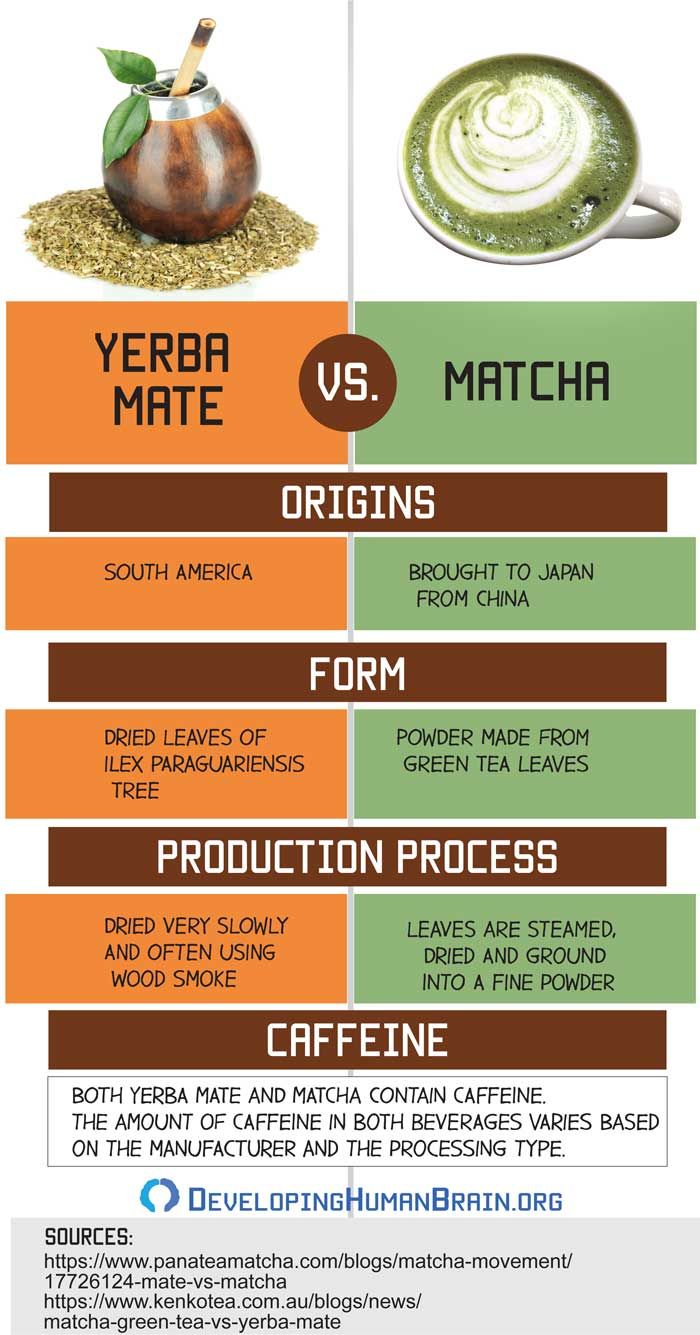Tea lovers often debate between herbal tea and green tea. Both have unique benefits and flavors.
Comparing herbal tea and green tea can help you decide which suits you best. Herbal tea is made from various herbs, flowers, and fruits, offering diverse flavors and health benefits. Green tea, made from Camellia sinensis leaves, is known for its antioxidants and potential health perks.
Understanding these differences can guide you in choosing the right tea for your needs. This comparison will explore their origins, health benefits, and flavors. By the end, you will have a clearer idea of which tea aligns with your preferences and lifestyle.
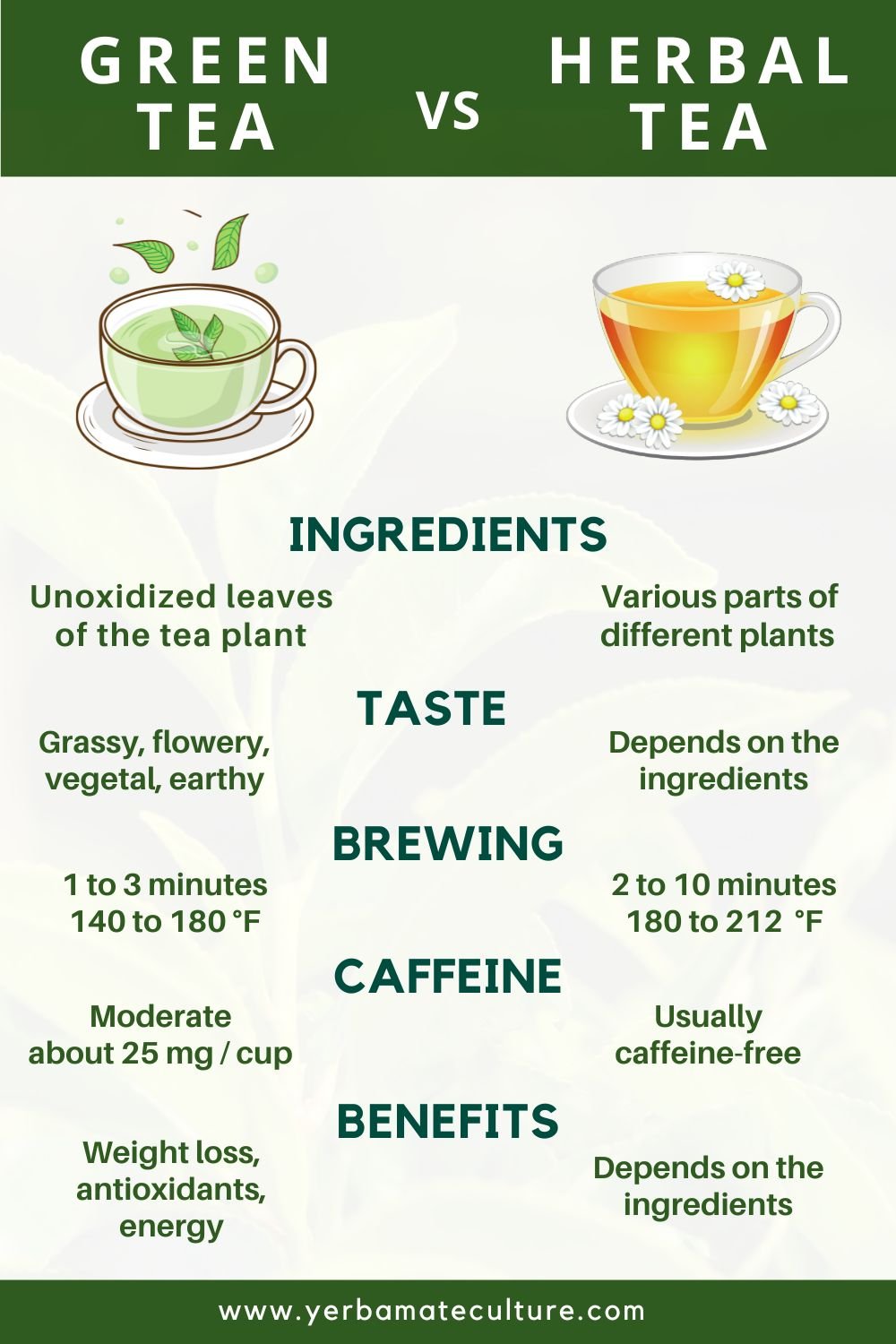
Credit: yerbamateculture.com
Introduction To Herbal And Green Tea
Tea is one of the most loved beverages worldwide. Two popular types are herbal tea and green tea. Both offer unique flavors and health benefits. This section will introduce you to these two types of tea. Understanding their differences will help you choose the best one for your needs.
Definition Of Herbal Tea
Herbal tea is a blend of various herbs, spices, and plants. It does not contain tea leaves from the Camellia sinensis plant. Instead, it may include ingredients like chamomile, peppermint, or lavender. Herbal teas are caffeine-free. They are often used for their calming effects and health benefits. Many people enjoy herbal tea for its rich and varied flavors. Each type offers a unique experience.
Definition Of Green Tea
Green tea comes from the Camellia sinensis plant. It is made by lightly steaming or pan-frying the leaves. This process preserves the green color and many nutrients. Green tea contains caffeine. It is known for its antioxidants and health benefits. People drink green tea for its fresh, grassy flavor. It is often enjoyed plain or with a touch of honey.
Nutritional Content
When it comes to choosing between herbal tea and green tea, understanding their nutritional content can help you make an informed decision. Both teas offer unique benefits and contain different nutrients that contribute to their health properties. Let’s dive into the nutritional content of herbal tea and green tea.
Herbal Tea Nutrients
Herbal teas are made from a variety of plants, herbs, flowers, and spices. These ingredients contribute to a wide range of nutrients. Vitamins like Vitamin C and Vitamin A are often found in herbal teas. They help boost immunity and promote healthy skin.
Minerals such as calcium, magnesium, and potassium are also present. They support bone health and regulate blood pressure. Antioxidants in herbal teas can fight free radicals and reduce inflammation. Some herbal teas, like chamomile, contain flavonoids that may reduce anxiety and help with sleep.
Green Tea Nutrients
Green tea comes from the Camellia sinensis plant. It is rich in antioxidants, specifically catechins. These antioxidants can help protect cells and lower the risk of chronic diseases. Green tea contains vitamins B, C, and E. These vitamins support metabolism, boost immunity, and protect skin.
Green tea also contains minerals like manganese, zinc, and chromium. They support metabolism, immune function, and blood sugar control. L-theanine in green tea can promote relaxation and improve focus. Caffeine in green tea provides a mild energy boost without the jitters of coffee.
Health Benefits Of Herbal Tea
Herbal tea offers a range of health benefits. It comes from different plants and herbs, unlike green tea which comes from the Camellia sinensis plant. These teas can improve your overall well-being in various ways.
Boosts Immune System
Herbal teas can help boost your immune system. Teas like echinacea, ginger, and elderberry have properties that fight infections. These teas can help your body stay strong and healthy. Drinking these teas regularly can improve your body’s defense against colds and flu.
Reduces Stress And Anxiety
Herbal teas are known for their calming effects. Chamomile tea is famous for reducing stress and anxiety. This tea can help you relax after a long day. Peppermint tea can also provide a calming effect. It helps to clear your mind and ease tension. These teas can be a great addition to your daily routine.
Health Benefits Of Green Tea
Green tea, a popular beverage, is known for its numerous health benefits. Many people choose green tea for its potential to improve overall well-being. Let’s explore some of the key health benefits of green tea.
Aids In Weight Loss
Green tea can help with weight loss. It boosts the body’s metabolism. A higher metabolism helps burn more calories. Green tea also contains catechins. These are antioxidants that help burn fat. Drinking green tea before exercise can enhance fat burning.
Improves Brain Function
Green tea can improve brain function. It contains caffeine, a known stimulant. Caffeine helps improve mood, reaction time, and memory. Green tea also has L-theanine. This amino acid works with caffeine for better brain function. Together, they create a focused and calm state of mind.
Antioxidant Properties
Both herbal tea and green tea are rich in antioxidants, which help protect the body from damage by free radicals. Antioxidants are vital for overall health and can reduce the risk of chronic diseases. In this section, we will explore the antioxidant properties of herbal tea and green tea.
Herbal Tea Antioxidants
Herbal teas come from a variety of plants, each offering unique benefits. These teas are rich in polyphenols and flavonoids.
- Rooibos tea: Contains aspalathin and nothofagin, which have anti-inflammatory properties.
- Chamomile tea: High in apigenin, an antioxidant that may help reduce anxiety.
- Hibiscus tea: Rich in anthocyanins, which support heart health.
Each herbal tea provides different types of antioxidants, contributing to various health benefits. A diverse selection of herbal teas can provide a range of protective compounds.
Green Tea Antioxidants
Green tea, made from Camellia sinensis leaves, is renowned for its high antioxidant content. It is particularly rich in catechins, especially epigallocatechin gallate (EGCG).
| Antioxidant | Benefits |
|---|---|
| EGCG | Reduces inflammation and supports weight loss |
| Quercetin | Boosts the immune system and fights allergies |
| L-theanine | Improves brain function and reduces stress |
Green tea’s high concentration of EGCG makes it a powerful antioxidant source. These compounds work together to provide numerous health benefits.

Credit: www.youtube.com
Caffeine Content
Understanding the caffeine content in your tea is crucial for making an informed choice. Herbal teas and green teas differ significantly in their caffeine levels. Knowing these differences can help you select the right tea for your needs. Let’s dive into the caffeine content of herbal and green teas.
Herbal Tea Caffeine Levels
Herbal teas generally contain no caffeine. They are made from dried fruits, flowers, spices, or herbs. This makes them an excellent choice for those who want a caffeine-free beverage. Popular herbal teas include chamomile, peppermint, and rooibos. These teas offer a soothing experience without the jittery effects of caffeine.
Green Tea Caffeine Levels
Green tea contains more caffeine than herbal teas. The amount can vary based on the type of green tea and the brewing time. On average, an 8-ounce cup of green tea has around 20-45 milligrams of caffeine. This is less than coffee but enough to provide a gentle energy boost. Green tea also offers health benefits, including antioxidants and weight management support.
Potential Side Effects
Understanding the potential side effects of both herbal tea and green tea is important. While many people enjoy these teas for their benefits, some side effects exist.
Herbal Tea Side Effects
Herbal teas are made from various plants and herbs. Each type can have different side effects.
- Allergic Reactions: Some people may be allergic to certain herbs.
- Stomach Issues: Some herbs can cause nausea or vomiting.
- Blood Pressure Changes: Licorice root, for example, can increase blood pressure.
- Hormonal Effects: Certain herbs may affect hormone levels.
Pregnant or breastfeeding women should consult a doctor before drinking herbal tea. Some herbs can be unsafe during pregnancy.
Green Tea Side Effects
Green tea is known for its antioxidants. But it also has caffeine and other compounds.
- Caffeine Sensitivity: Some people may experience jitteriness or insomnia.
- Stomach Upset: Drinking green tea on an empty stomach can cause stomach pain.
- Iron Absorption: Green tea can reduce the absorption of iron from food.
- Liver Issues: Excessive consumption may lead to liver problems.
Moderation is key. Drink green tea in limited amounts to avoid side effects. Always listen to your body and consult a healthcare provider if unsure.

Credit: www.amazon.ae
Frequently Asked Questions
What Is The Difference Between Herbal Tea And Green Tea?
Herbal tea is made from various herbs, spices, and plants. Green tea is made from Camellia sinensis leaves. Both have different health benefits.
Which Is Healthier: Herbal Tea Or Green Tea?
Both teas have unique health benefits. Herbal tea is caffeine-free and calming. Green tea is rich in antioxidants and boosts metabolism.
Can I Drink Herbal Tea And Green Tea Daily?
Yes, you can drink both daily. Herbal tea is caffeine-free and soothing, while green tea offers antioxidants and energy.
Does Herbal Tea Contain Caffeine?
Most herbal teas are naturally caffeine-free. This makes them a great choice for relaxation and bedtime routines.
Conclusion
Choosing between herbal tea and green tea depends on personal preferences. Both offer unique benefits. Herbal tea provides calming effects and diverse flavors. Green tea boosts metabolism and is rich in antioxidants. Try both to see which suits your taste and health goals.
Remember, the best tea is the one you enjoy and feel good drinking. So, explore different options and enjoy the journey to better health with each sip.

